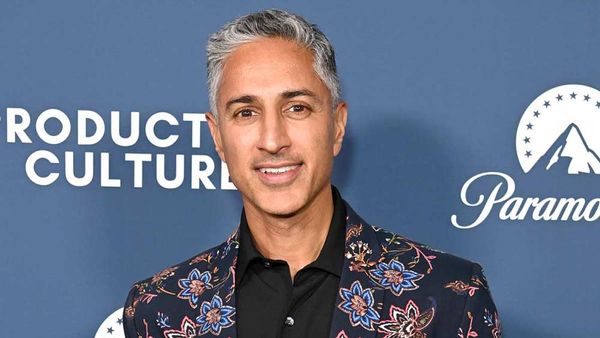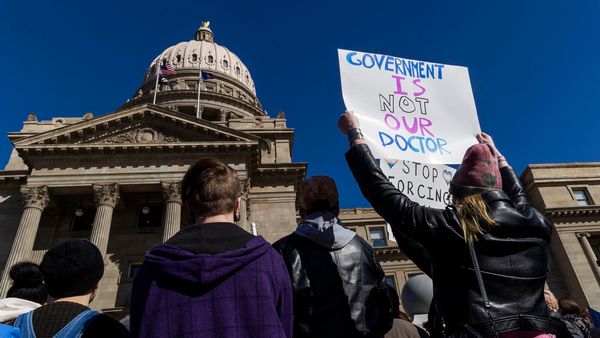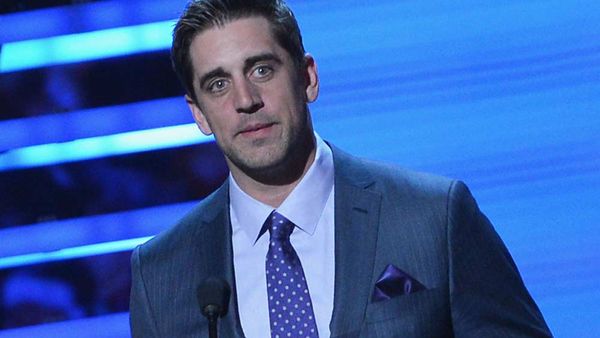January 22, 2013
News Analysis: What Obama's 'Stonewall' Moment Means
Steve Weinstein READ TIME: 4 MIN.
While President Barack Obama's second inaugural address addressed a range of issues, his dramatic assertion that same-sex marriage was firmly in the mainstream of American ideals is quickly emerging as the most memorable moment. Major media, bloggers and commentators across the political spectrum zeroed in on it; but whether for praise or censure, no one could ignore it.
Whether his alliterative reference to three landmark sites in struggles for equality will become as oft-quoted as John Kennedy's "Ask not what your country can do you for you -- ask what you can do for your country" may be up in the air. Including Stonewall with Seneca Falls, the Upstate New York town where America's feminist movement was born; or Selma, Ala., where the police attack on peaceful marchers galvanized the Civil Rights movement, was a rhetorical assertion of the singular importance of the birthplace of the modern gay rights movement as part of the American "journey," as he called it.
The historic inclusion of LGBT rights in such an august and public setting was especially dramatic coming as it did only eight months after the president reversed earlier statements and came out in full support of marriage equality.
The speech thus allowed Obama to make his own journey from "separate but equal" civil unions (which, in fact, are no more equal than the Jim Crow segregation that gave birth to the phrase) to reserved silence on the issue, to cautious acceptance, to out-and-proud marriage advocacy -- a metaphor for the nation at large.
The sequence of historic sites, too, was a rhetorical way of referencing the nation's larger struggles to accept the rights of aggrieved groups.
The Seneca Falls Convention, which took place in 1848, was the first such recorded gathering of women anywhere. It laid the groundwork for the Women's Suffrage movement, which won women the right to vote in Wyoming (then a territory) in 1869; and nationally, in 1920.
Blacks had protested Jim Crow laws prior to the march in Selma in 1965, most notably in Montgomery, Ala., and Greensboro, N.C. But it was in Selma that the brutality of the state in the form of police and state troopers caused revulsion and resulted in the landmark Voting Rights Act that enfranchised blacks in the South and elsewhere.
So did the three nights of rioting that occurred in June 1969 in New York's Greenwich Village mark a definite turning point. It's true that the Mattachine Society, memorialized in the recent play "The Temperamentals," predated Stonewall. And there were other actions against bar raids in Los Angeles and San Francisco. But Stonewall happened in the right time and the right place.
In the months after Stonewall, gay rights organizations, more demonstrations, underground publications and political activism spread across the country like wildfire. Stonewall (now occupied by a gay bar with the same name) is the only such LGBT-related site to have received a National Historic Landmark.
Beyond the rhetoric, as effective and even beautiful as it was, it's important to look at the political considerations in Obama's speech.
First of all, at this point in history, he and his advisors must have calculated that he has a lot more to gain than to lose. Poll after poll shows a markedly swift shift in the American public's perception of marriage equality and homosexuality in general. The far more rapid advance in other parts of the world, particularly Western Europe, brings gay marriage into the mainstream of Western democracies.
Despite the fulminations of a coterie of loud (and loud-mouthed) preachers, blacks voters supported a pro-marriage referendum in Maryland. More importantly, even most black voters who oppose it don't give it so much importance that they would become Republicans.
Even the majority of young Republicans support marriage equality -- and they cite the party's opposition as a major sticking point. Overall, young people have become heavily supportive of gay rights in general -- at a near-reversal for the numbers for the elderly. Thus, as anti marriage-equality voters die off, the other view will come to prevail.
Nor does Obama seriously put the next Democratic presidential candidate at risk. The Electoral College has been opposed mostly by Democrats who feared that small, conservative states like Mississippi, Alabama and Wyoming would be disproportionately influential because of the two extra votes allocated to every state regardless of population.
In fact, as this last election proved decisively, the present makeup of the Electoral College favors Democratic national candidates -- at least in the way it is presently configured. In important states like Illinois, California, Washington State, Pennsylvania and New York, blue urban areas outnumber blood-red rural areas. This means that a Democratic can win a big state by a small margin, while the GOP wins small states by large ones.
Finally, this being Washington, there is money. Gay donors ranked among the most important Obama bundlers in the last election. Out-gay billionaires like Tim Gill, Chris Hughes and David Geffen have become major players, as have inside operatives like Andy Tobias, the treasurer of the National Democratic Party. As Michael Bloomberg showed in New York, well-heeled supporters of marriage equality will cross party lines.
There were undoubtedly other factors that entered Obama's mind when he was refining his inaugural address, such as the influence of close friends and family members. Prominent Democrats keep making announcements of their own changes of heart, including Bill Clinton, who signed the reprehensible Defense of Marriage Act into law.
Also of note are important defections on the other side Republicans, such as conservative icon Dick Cheney, and former Solicitor General Ted Olson. Considered one of the most profound conservative theorists, Olson had a "Road to Damascus" moment that resulted in his becoming the lead plaintiff to overthrow California's Proposition 8. And Obama can count gay friends and advisers in his inner circle as well.
None of this detracts from the importance of the president's statements. Nor does it take away from a certain amount of political bravery. Best of all, it showed that, finally, the president had developed a spine. Let's hope this resolve continues as he fights to put the Defense of Marriage Act on the ash heap of history, along with women's secondary-citizen status and Jim Crow.
Steve Weinstein has been a regular correspondent for the International Herald Tribune, the Advocate, the Village Voice and Out. He has been covering the AIDS crisis since the early '80s, when he began his career. He is the author of "The Q Guide to Fire Island" (Alyson, 2007).






